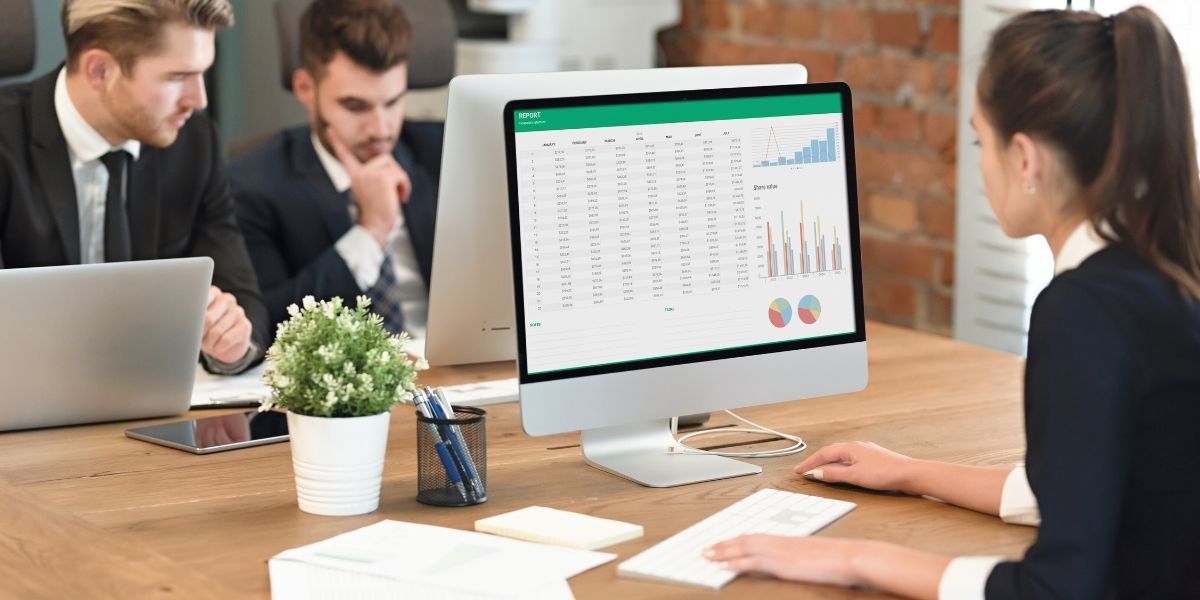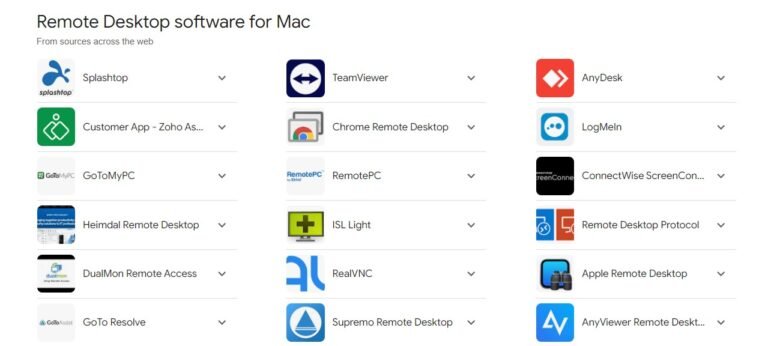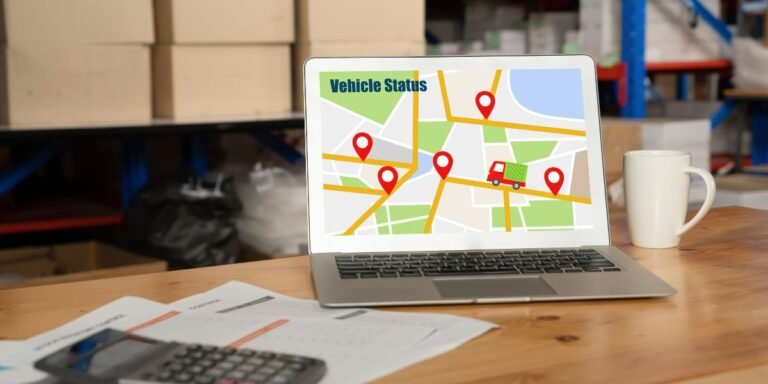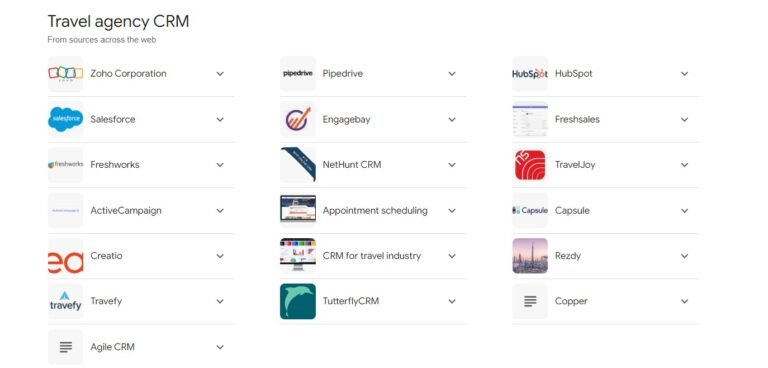8 Best Bookkeeping Software for Self-Employed

Navigating the world of bookkeeping as a self-employed individual can be quite a challenge, can’t it? You’re constantly juggling invoices, receipts, and tax forms, and it’s all too easy to lose track.
That’s where bookkeeping software comes in. But with so many options, how do you pick the right one? Quickbooks Self-Employed is often touted as the top choice, but is it the best fit for you?
Let’s explore the key features, benefits, and potential drawbacks of this and other leading bookkeeping solutions to help you make an informed decision.
The best accounting software for self-employed individuals
-
FreshBooks for ease of use
-
Wave for free self-employed accounting software
-
QuickBooks Self-Employed for acing your taxes
-
ZipBooks for creating complete invoices
-
TrulySmall Accounting for receipt capture
-
FreeAgent for analytics
-
Fiverr Workspace for client management
-
Moxie for organizing your business
What is Accounting Software for Freelancers?
Accounting software for freelancers is a specialized tool designed to help self-employed individuals manage their finances, track income and expenses, calculate taxes, and handle other financial tasks efficiently and effectively. It’s a powerful solution that offers you control over your financial organization, freeing up your time for more productive tasks.
Expense tracking is one of the key features of this software. You can record and categorize every penny spent, helping you keep an eye on your cash flow and identify areas where you could potentially cut back. At the same time, the software aids in income management by monitoring your earnings and facilitating invoice creation and payment processing.
The software is also beneficial when it comes to tax deductions. It can automatically calculate and categorize your tax-deductible expenses, ensuring you don’t miss any potential savings. This tool isn’t just about tracking and calculating, it’s about optimizing your financial health.
In essence, accounting software for freelancers offers time savings and financial organization. It does the hard work for you, so you can focus on growing your freelance business.
Why Do Freelancers Need Accounting Software?
Given the benefits outlined above, you might be wondering why exactly freelancers like yourself need to incorporate this software into their financial management practices. The answer is multi-faceted, encompassing aspects of time management, financial organization, tax compliance, expense tracking, and cash flow.
Time is a precious resource for freelancers. The less time you spend managing your accounts, the more time you have for your clients. Accounting software automates processes, freeing up time for you to focus on your work.
Financial organization is equally crucial. You need to know where your money is coming from and going to. Accounting software provides a clear, consolidated view of your financial picture, helping you make informed decisions about your business.
Tax compliance is another vital aspect. With an integrated accounting system, you can ensure you’re meeting all tax obligations, avoiding penalties and keeping your business above board.
Expense tracking is essential for understanding your business costs. Accounting software lets you record, categorize, and analyze your expenses with ease, giving you insight into where your money is going.
What to look for in a great self-employed accounting software
When choosing the best accounting software for your self-employed business, it’s essential to consider features that cater specifically to your unique needs. One such feature is a user-friendly interface. You’re seeking software that’s intuitive and easy to navigate. The last thing you need is wasting precious time figuring out an overly complex system.
Secondly, look for customizable reports. Your business is unique, and so should be the way you analyze and interpret its data. The ability to customize reports to match your specific requirements enhances your understanding of your financial status.
Automated invoicing is another critical feature. It eliminates manual errors, saves time, and streamlines your billing process. This functionality lets you focus more on your business and less on administrative tasks.
Moreover, a great self-employed accounting software should offer robust expense tracking. Accurate tracking helps you understand where your money’s going, enabling you to make informed financial decisions.
Lastly, consider integration options. The software should seamlessly integrate with other tools you’re using in your business, such as project management or CRM systems. This feature enhances efficiency and ensures data consistency across different platforms.
Our 8 best accounting software for self-employed individuals
- QuickBooks Self-Employed: This software is a leader in expense tracking, helping you monitor all business-related costs and categorize them for easier tax deductions.
- FreshBooks: With FreshBooks, invoicing solutions are simplified. You can create and customize professional invoices in a matter of minutes.
- Zoho Books: Zoho offers excellent time management features, allowing you to track billable hours efficiently and invoice clients accordingly.
- Xero: Xero’s powerful financial reporting tools can give you deep insights into your business’s performance, helping you make informed decisions.
- Wave: Wave is a cost-effective choice that provides basic accounting functions including expense tracking and invoicing.
- FreeAgent: FreeAgent shines in the area of tax deductions, making it easier to maximize your savings during tax season.
- Sage Business Cloud Accounting: This platform provides robust financial reporting, with clear, easy-to-understand analytics.
- KashFlow: KashFlow supports time management, helping you stay organized and productive.
Each of these software options offer unique features that cater to different business needs. It’s worth considering which functionalities are most important for your business in order to make the right choice.
Frequently Asked Questions
How Secure Is the Data on Self-Employed Accounting Software?
Your data on self-employed accounting software is secure. They utilize cloud storage, encryption protocols, and user authentication for data security. Cybersecurity measures are in place to safeguard your sensitive information. It’s safe and reliable.
What Is the Average Cost of Accounting Software for Freelancers?
The average cost of accounting software for freelancers varies. Budget-friendly options exist, with subscription or one-time costs. Consider customization options, integration capabilities, and customer support availability when choosing the best fit for your needs.
Does Accounting Software Require Any Special Training to Use?
No, most accounting software doesn’t require special training. They’ve user-friendly interfaces, online tutorials, robust customer support, integration options, and customizable settings to help you navigate them effortlessly. You’ll get the hang of it pretty quickly.
Can I Access My Accounting Software From Different Devices?
Yes, you can access your accounting software from different devices. Thanks to data synchronization, cloud storage, and cross-platform support, you’re granted remote access, multi-device login, and mobile integration, ensuring data privacy and user permissions.
Does the Software Provide Features for International Transactions?
Yes, the software provides features for international transactions. It includes multi-currency support, VAT compliance, global banking integrations, exchange rate tracking, and cross-border invoicing. It’s designed for easy and efficient global business management.
Conclusion
Choosing the right accounting software is crucial for managing your freelancer finances effectively. QuickBooks Self-Employed stands out as a top choice, offering leading features like expense tracking, income tracking, and tax management.
Its user-friendly interface, customizable reports, and automated invoicing make it a breeze to optimize your financial health. By investing in a quality software like QuickBooks, you’ll streamline your financial processes and focus more on your business.




